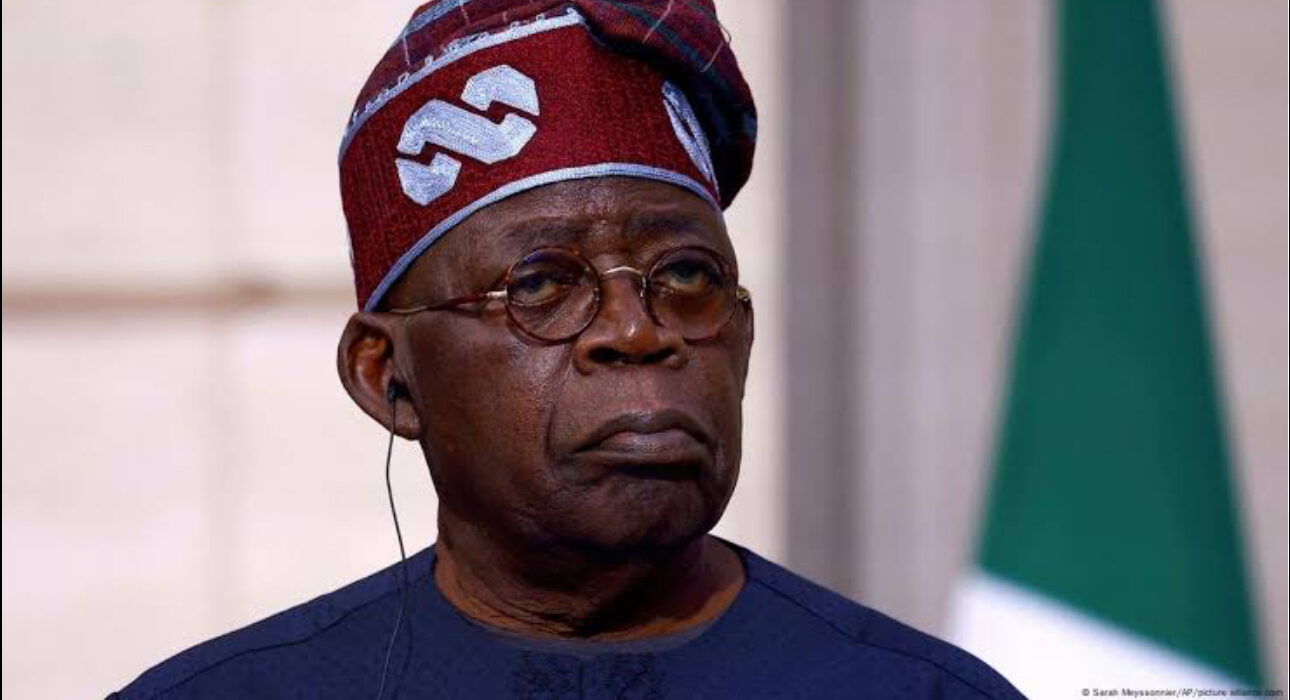Tinubu Has Led Nigeria into More Despair, Economic Hardship, Insecurity, Says CNPP in Damning Mid-Term Assessment

The Conference of Nigeria Political Parties (CNPP) has issued a damning mid-term review of President Bola Ahmed Tinubu’s administration, accusing the government of leading the country into worsening economic hardship, insecurity, and public disillusionment.
In a strongly worded statement released in Abuja, the CNPP described the administration’s performance as “deeply disappointing” and warned that Nigeria is “drifting dangerously” without clear policy direction or relief for the suffering population.
The CNPP criticized the Tinubu government’s economic policies, particularly the sudden removal of fuel subsidies and the devaluation of the naira, which they say have plunged millions of Nigerians into poverty.
“These actions have sparked an unrelenting rise in fuel prices, transportation costs, and general inflation, making life unbearable for ordinary citizens,” the CNPP stated.
The group also questioned the logic behind continued borrowing to finance the national budget, despite reported oil revenue generation through the Nigerian National Petroleum Company Limited (NNPCL).
“There must be accountability. If crude oil is being sold and revenue is generated, then why is the government resorting to massive borrowing? Where is the money going?” the CNPP asked, calling for transparency in the management of national resources.
In its assessment, the CNPP expressed grave concerns about the persistent insecurity plaguing Nigeria. According to data cited by the group, more than 10,000 people have been killed in violent attacks since President Tinubu took office in May 2023.
“From rural communities to urban centers, Nigerians are living in fear. Banditry, terrorism, and kidnapping for ransom have become daily realities,” the group lamented.
It criticized what it described as a lack of proactive response from the federal government and called for urgent reforms in security strategy and funding.
The CNPP made several recommendations, including:
• Reconsidering the pricing structure of petroleum products, especially for domestic consumption.
• Providing crude oil to local refineries at subsidized rates to drive down fuel prices.
• Reversing or revising harsh economic reforms that disproportionately affect the poor.
• Strengthening public accountability mechanisms and engaging in direct dialogue with citizens.
The coalition also urged President Tinubu to implement people-focused policies, warning that failure to act could lead to greater unrest and loss of public trust in democratic governance.
“If immediate corrective measures are not taken, the country risks slipping further into chaos. Nigerians deserve leadership that listens, acts, and delivers,” the CNPP declared.
As Nigeria edges closer to the next general elections, political observers believe the CNPP’s report reflects growing discontent across party lines and among civil society.
The administration, however, has continued to defend its reforms, claiming they are necessary for long-term economic stability and national growth.
But with inflation, hunger, and violence continuing to dominate daily life for millions, the CNPP’s assessment may resonate with a wider segment of the population—and shape the political climate in the months ahead.








